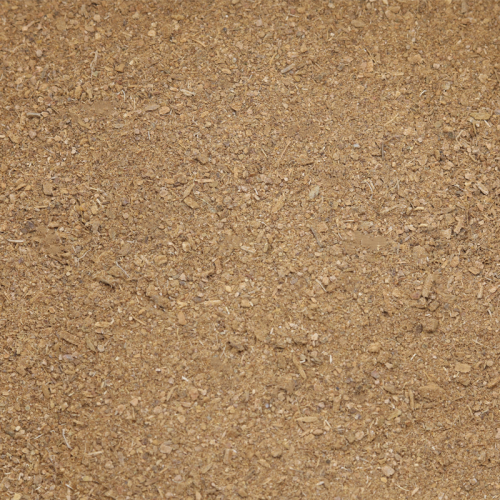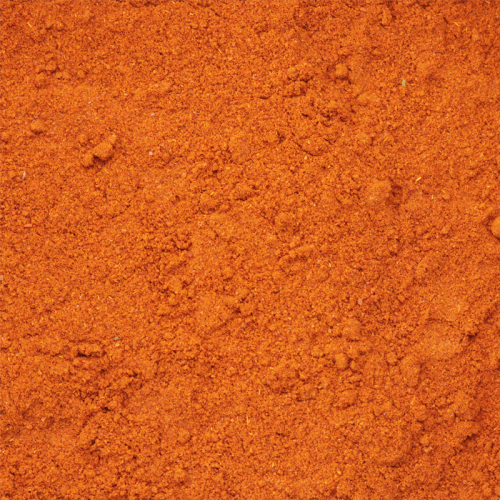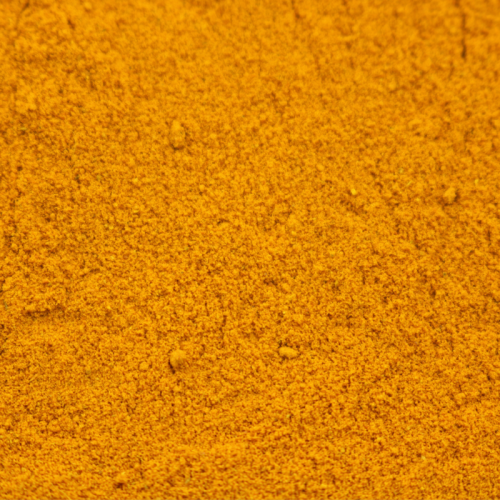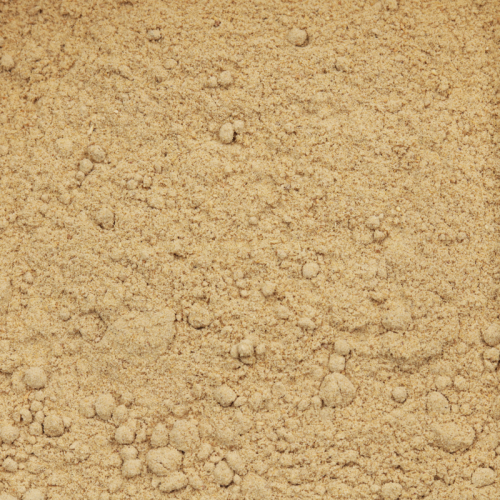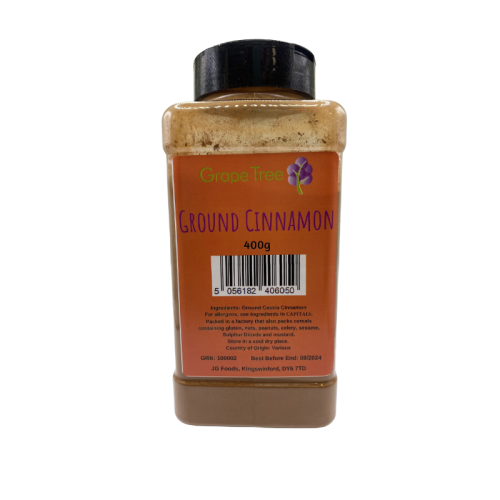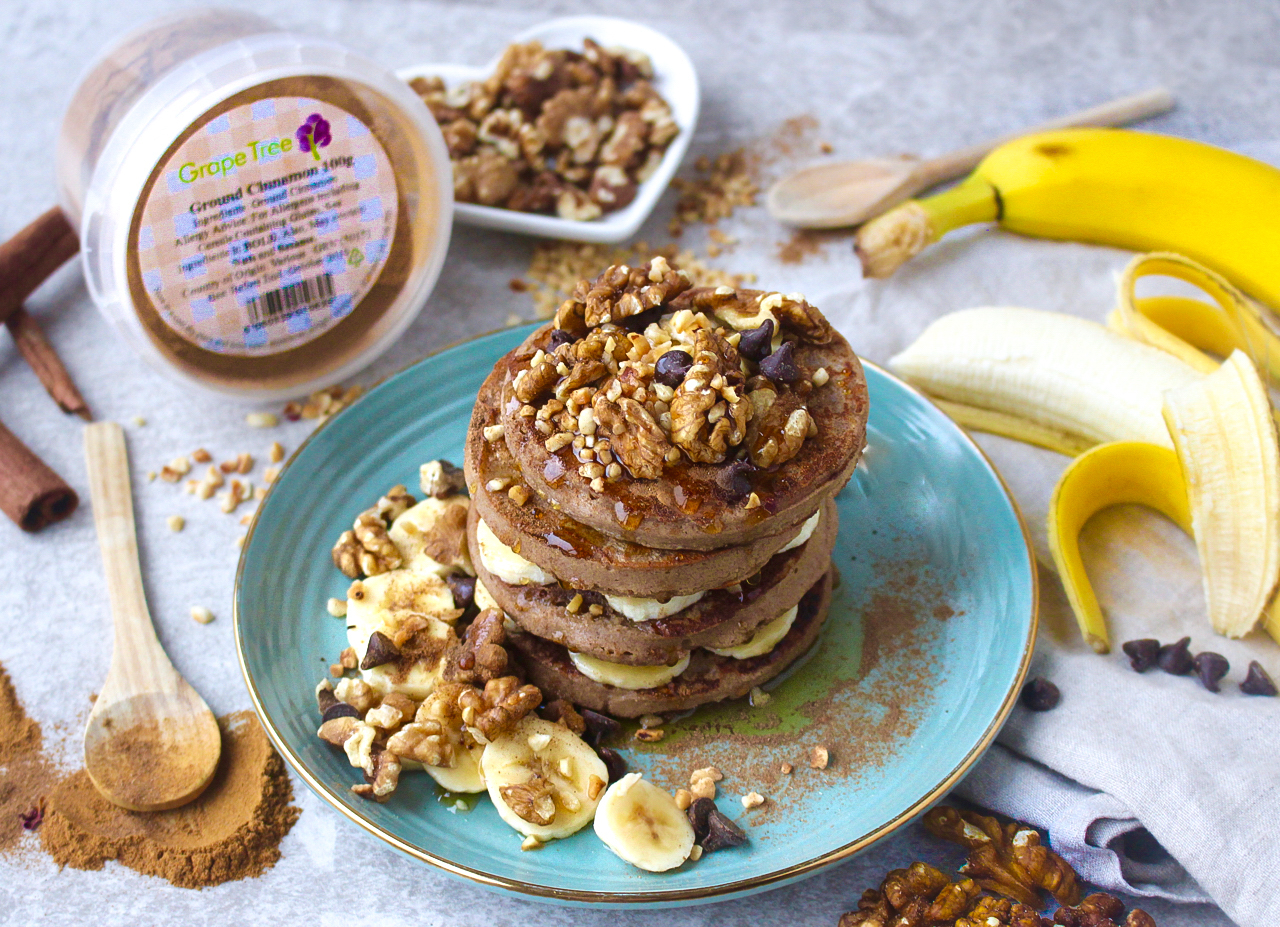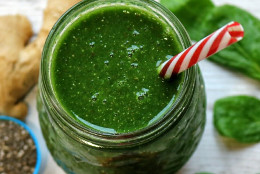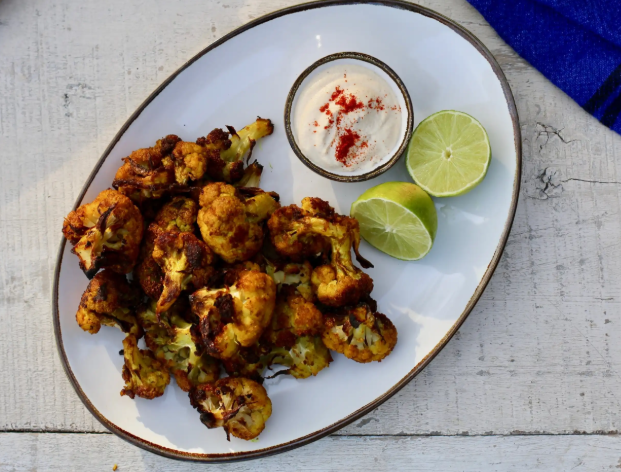
Photo Credit: "© [Chamillew] / Adobe Stock
Spice up your life - spices have been adding colour and flavour to food around the globe for thousands of years. But can they also do much more than that? Down the generations spices have certainly had a crucial role in traditional medicines.
From the Far East to South America it has been believed that spices can control pain, improve digestion, settle stomach conditions and even encourage hair growth. But only now are we realising the true nutritional power of spices and beginning to investigate the importance they could have for our health.
While research is in its early stages. There are indications that as well as their antioxidant and anti-inflammatory powers they contain elements that may be able to help with pain relief, diabetes, cholesterol control and even cancer.
So, heres our Spice Up Your Life guide to some of the spices you can find in your Grape Tree store.
Spice Up Your Life
Turmeric
A traditional part of Asian cooking for centuries and the ingredient that puts that yellowy-orange colour into curries. Turmeric has now become so hot in the West that Turmeric Lattes are cropping up in coffee shops. Health interest centres on an ingredient in the spice called curcumin which has been linked to a possible impact on illnesses including rheumatoid arthritis and alzheimers. But scientists have discovered that curcumin also has an impact on cancer cells. Turmeric is produced from the roots of a plant in the ginger family that is a native of Indonesia and Southern India.
Cinnamon
Cinnamon is made from the inner bark of an evergreen tree which is native to India and Bangladesh. Research goes on into its link to diabetes control because of its effect on the bodys ability to utilise blood sugar. In 2011 researchers showed that a cinnamon extract called CEppt could have an effect on the proteins which play a role in the development of Alzheimers. Because of the essential oils it contains herbalists know cinnamon as a carmanitive, a soothing and settling remedy for stomach complaints. It is an excellent source of fibre, manganese and calcium.
Cayenne Pepper
Hot peppers originated in central and south America. Cayenne contains an ingredient called capsaicin which is used for pain relief particularly by arthritis sufferers. It is available on prescription and is also used for nerve pain. The NHS says Capsaicin is thought to work in neuropathic pain by stopping the nerves sending pain messages to the brain. Small scale research has shown that appetite can be suppressed after eating it. High in Vitamin A it also contains the vitamins B6, E and C, potassium and manganese.
Ginger
Thought to have originated in India ginger was introduced into Europe two thousand years ago. As well as a flavouring it has been used down the ages as a medicine for treating stomach upsets and as a pain killer. It is still used for travel sickness and the NHS acknowledges its use against nausea and sickness in pregnancy. It contains anti-inflammatory compounds called gingerols which may explain why it is used for relief by some arthritis sufferers. Small scale experiments have demonstrated that it may reduce pain after exercise. Ginger contains potassium, magnesium, phosphorous and the Vitamins C and B6.
Cloves
Cloves are the unopened pink flower buds of an evergreen tree which has its origins in Indonesia. Dried they are an excellent source of manganese, and also contain vitamin K, iron, magnesium, calcium and fibre. But it is the essential oil eugenol that made cloves a presence in dentists surgeries where it has been used as a local anaesthetic and antiseptic. Clove oils are regarded as a rubefacient because when rubbed on the skin they produce redness because of their impact on blood vessels. They are used as a home remedy for pain treatment.
Cumin
This is the iron spice. Just one teaspoon of cumin gives you eight per cent of your vital daily iron requirement. Most of our iron is in the blood supply as haemoglobin which carries oxygen to the tissues. The minerals in cumin also include copper, calcium, potassium, manganese, zinc, selenium and magnesium. It also has good amounts of B-complex vitamins as well as anti-oxidant vitamins E, A and C. Mentioned repeatedly in the bible this member of the Parsley family has been used in food and traditional medicine throughout history.
Spice Up Your Life with a wide selection of spices, many on our 3 for 2 multi buy offer.
